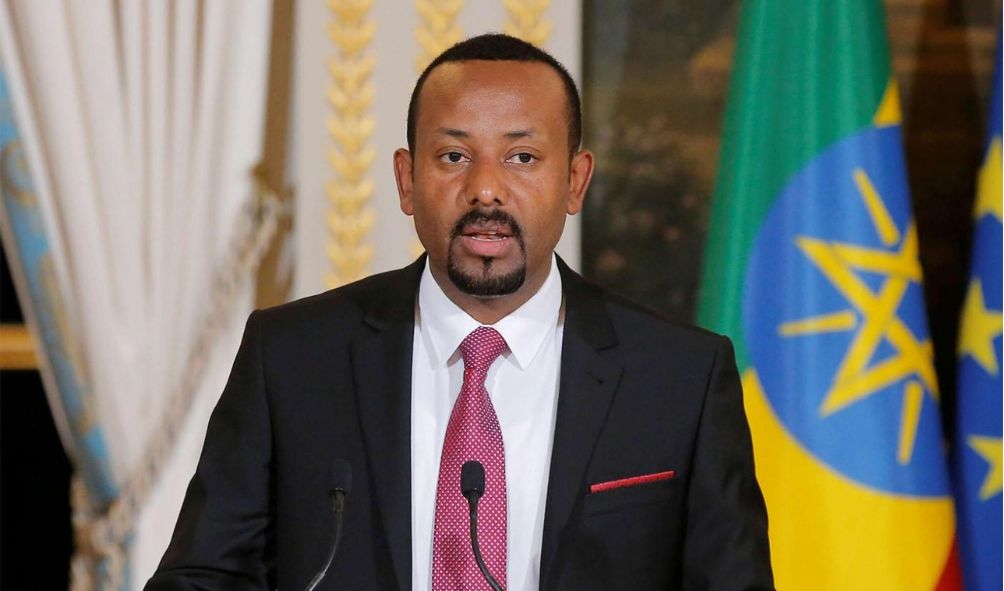Ethiopia becomes Africa’s latest sovereign default

Ethiopia became Africa's third default after it failed to make a $33 million "coupon" payment
Ethiopia became Africa’s third default after it failed to make a $33 million “coupon” payment.
Ethiopia became Africa’s third default in as many years on Tuesday after it failed to make a $33 million “coupon” payment on its only international government bond.
Africa’s second most populous country announced earlier this month that it intended to formally go into default, having been under severe financial strain in the wake of the COVID-19 pandemic and a two-year civil war that ended in November 2022.
It had been supposed to make the payment on Dec. 11, but technically had up until Tuesday to provide the money due to a 14-day ‘grace period’ clause written into the $1 billion bond.
According to two sources familiar with the situation, bondholders had not been paid the coupon as of the end of Friday Dec. 22, the last international banking working day before the grace period expires.
Hired protester? ‘Hustlers’ holds protests in support of the Ruto housing levy (VIDEO)
Blow to former High Cout Judge Said Chitembwe as Supreme Court issues final ruling
Kenya to turn nuclear energy use over power blackouts
DCI rescue two foreign nationals from Ksh2.85 billion gold scam
KRA waives tax penalties for small businesses
Kenya to acquire sophisticated military weapons worth Ksh7 billion from US
The default will see the country join two other African nations, Zambia and Ghana, in a full-scale “Common Framework” restructuring.
The government had first requested debt relief under the G20-led initiative in early 2021.
Progress was initially delayed by the civil war but, with its foreign exchange reserves depleted and inflation soaring, Ethiopia’s official sector government creditors, including China agreed to a debt service suspension deal in November.
On Dec. 8, the government said parallel negotiations it had been having with pension funds and other private sector creditors that hold its bond had broken down.
Credit ratings agency S&P Global then downgraded the bond, to “Default” on Dec. 15 on the assumption that the coupon payment would not be made.
Also read,
Education CS reveals when KCSE 2023 results will be released
Why investors are shunning Kenya for business, Raila
Raila hints at Azimio coalition boycotting 2027 elections
Homeowners to start paying land rates beginning January 2024
Raila ODM party responds to a video of Kisii Woman Rep lecturing Bodyguard who had lost wife
Follow us




